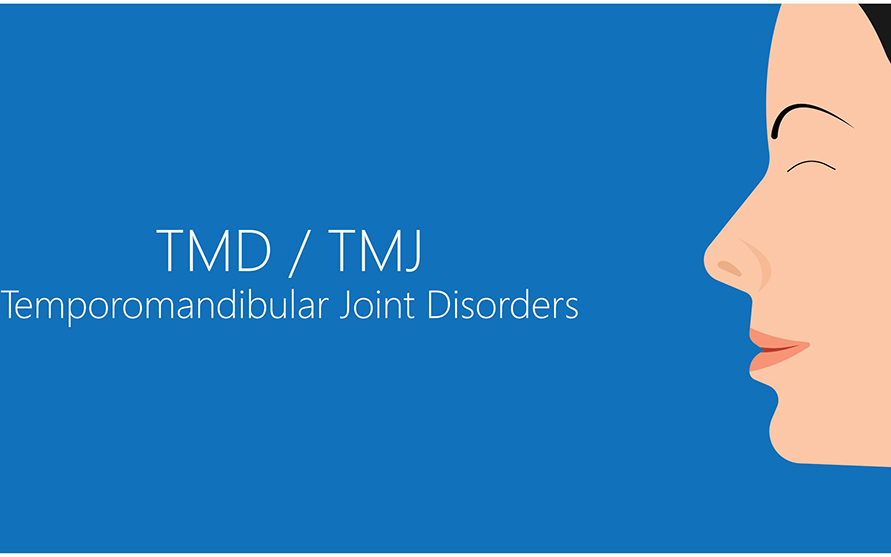The temporomandibular joint (TMJ) connects the skull to the lower jaw and controls their movements. It is the joint that is responsible for the opening and closing of the jaws. In addition to that, the muscles attached to it play an important role in the functionality of the joint. Because of that, any TMJ disorder is likely to lead to discomfort and the risk of further injuries. People suffering from this joint may experience several problems such as locking jaws, sounds when the jaws move, and pain. Patients and doctors alike need to understand the causes and symptoms of this disorder to manage it better.
Diagnosis of TMJ Disorders
Doctors use various methods to determine the type of disorder a patient is suffering from. They may want to look at the duration of pain and how restricted the jaw is from movement. In addition to that, they will want to know how long the condition has existed. However, the experts also say that some disorders will resolve themselves after a short time. Therefore, if it takes too long to go away, it may be an indication that there is a serious underlying problem. This may prompt the doctors to use other methods such as injections, oral appliances and, in worst cases, surgery to correct it.
The causes of TMJ Disorders
>Most causes of temporomandibular joint disorders are associated with situations that people go through every day. For instance, a physical injury to the jaw can easily lead to this condition. If one is injured and they do not take quick action, the problem may persist for longer. If a dental surgery process goes wrong or the patient does not take good care of themselves, it may cause damages to the joint. People who grind teeth during sleep are also likely to experience this problem, and they may need an oral appliance or mouth guard to control it. Other known causes are diseases such as arthritis and autoimmune diseases.
The Symptoms of TMJ Disorders
Jaw joint disorders manifest themselves in different ways depending on the cause. If it is because of a physical injury, a person may experience mild to severe pain. It becomes even worse when the pain does not seem to subside after a long time. Popping, grinding, and clicking of the jaws when they move is another symptom. Although it is usually painless, it is an indication of a severe problem. One of worst case scenarios is If the jaw is restricted so that it cannot open fully or move in a certain direction and then becomes more severe with a locked jaw.
Various self-care methods and lifestyle changes such as eating soft foods, avoiding clenching of the teeth, and regular exercises may be enough to treat some mild TMJ disorders. However, those with preexisting conditions may have to address those problems first. For instance, someone who grinds their teeth during sleep may need to start by using a specially designed mouth guard. Someone with arthritis or autoimmune diseases should consider managing those diseases while looking for treatment for this disorder. Regardless, seeking professional help first is the best course of action before trying to treat TMJ disorders yourself.



